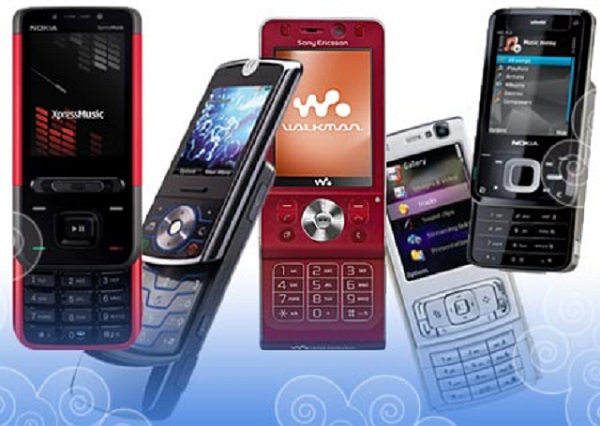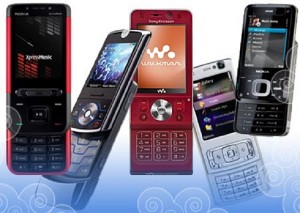
The cutting-edge technology of the 21st century makes it possible for us to do incredible things with our cell phones. The world which was once described as a global village has now been further condensed, thanks to the handheld device. Apart from making calls, you can do other amazing things with your phone. You can use it to surf the Internet, listen to radio, and take photos. You can also record audio and video clips, share digital files and do so much more with your cell phone.
However the question is; how many cell phones does a person need? In Nigeria, it is not uncommon to find people with two or more cell phones. Interestingly, they have genuine reasons for their decision to of own multiple phones.
Some will tell you that they are business people and as such, they want to separate their business contacts from personal contacts. Others will say the tariff plan on their second phone allows them to make cheap calls. Then again, we have the category of people called ‘phone freaks’ who can’t wait to grab the newest brands in the market. They won’t mind owning a classic Blackberry, an iPhone, a HTC and a Nokia- all at the same time.
In my opinion, I think people can tailor their needs around two phones. However, if you are comfortable with owning three or more cell phones, by all means do go ahead and have a fantastic experience!
Charles Okoh is a writer and compere. He’s the author of a fast selling book titled Ideas are Money, and tweets via @greatcharles


